|
Given the effects of Omicron, many people are hoping to find N95 masks and rapid antigen tests in their stockings this morning. I’m thinking of it as pandemic Christmas version 2.0. Fortunately the variant can’t stop me from drinking mimosas, listening to Vince Guaraldi’s Charlie Brown Christmas score or streaming Die Hard (yes, it’s a Christmas movie).
Once again, health news dominated the headlines over the past year. There were COVID-19 variants and successive waves, but really 2021 was the year of the vaccines. The Conversation Canada’s vaccine information series covered front-line questions at a vaccination clinic, what full drug approval means, efficacy and much more.
Some of my favourite articles provided the backstory to the vaccine headlines. For example, how the technology behind some of the COVID-19 vaccines was built decades ago by a Canadian researcher. Or why Canada isn’t manufacturing vaccines here at home. Or why vaccination rates in South Africa matter in Canada.
Other stories responded to high-profile cases of misinformation, like Ivermectin for COVID-19 prevention, or celebrities with huge platforms but little understanding of vaccines and infectious diseases. What struck me about these responses was their honesty and their compassion for people who are often just trying to make choices in the frightening circumstances of a global pandemic.
But even health editors need a break from COVID-19 news, and some of The Conversation Canada's standout health stories this year were unrelated to the pandemic. Some highlights include a story about preventing dog bite injuries, a way to feed premature babies that could help prevent brain impairments and how embedding tiny bits of gold into tumours could improve cancer treatment.
And for anyone who has never outgrown the dream of running away to join the circus, the article about the benefits of teaching kids circus arts is a must-read.
I’m looking forward to being back in your Inbox with more stories in January. Wishing a Merry Christmas to those who celebrate it, and happy holidays and good health to all.
|
Year in Review: Health
|
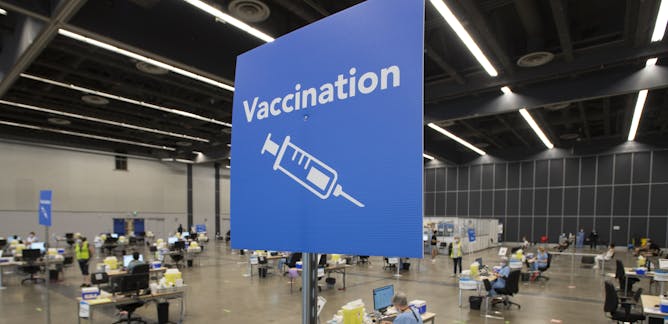
Ehsan Misaghi, University of Alberta
A medical student answers questions he gets asked at a COVID-19 vaccine clinic: Efficacy versus real-world effectiveness, immune response and how the mRNA vaccines compare to vaccines already in wide use.
| |
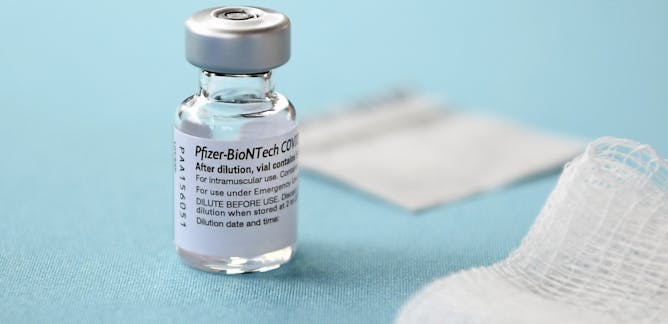
Charles Weijer, Western University
The U.S. FDA has approved the first COVID-19 vaccine. How is approval different from emergency use authorization, and what difference will it make to a vaccine that’s already in global use?
|
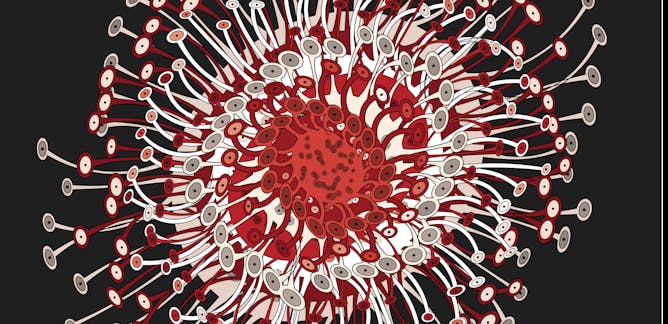
Sorana Froda, Université du Québec à Montréal (UQAM); Fabrice Larribe, Université du Québec à Montréal (UQAM)
Vaccine efficacy is usually expressed as a percentage, but what is it actually measuring? Statisticians explain what the numbers mean, and what they say about how well a vaccine can protect us.
| |

Jack Gauldie, McMaster University
Viral vectors are modified viruses that trigger an immune response without causing infection. The vector that’s used in several COVID-19 vaccines was created decades ago by Canadian Frank Graham.
|
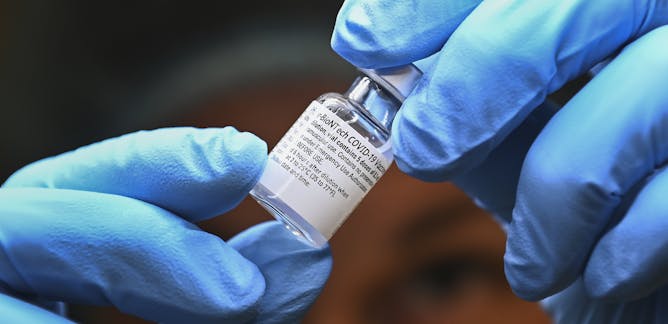
Joel Lexchin, University of Toronto
Behind Canada’s current COVID-19 vaccine shortage is a decades-long tale of unheeded warnings, missed opportunities and dismantled resources that was never going to end well.
| |
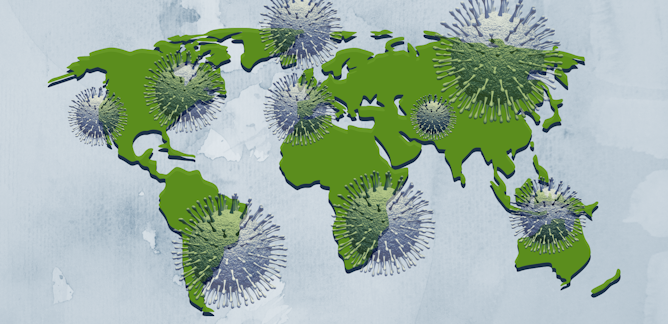
Dawn ME Bowdish, McMaster University; Chandrima Chakraborty, McMaster University
In places with low vaccination rates, COVID-19 has the chance to linger, and variants develop and travel. Without global vaccine equity, this entirely predictable pattern will repeat itself.
|
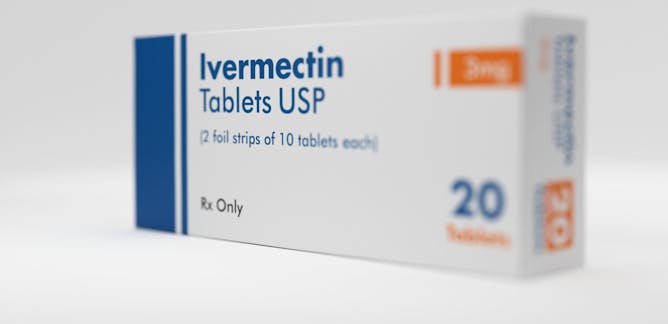
Julian Daniel Sunday Willett, McGill University
Ivermectin is the most recent example of a medication touted as a miracle drug for COVID-19 without solid medical evidence supporting its use.
| |

Eric Cadesky, University of British Columbia
NFL star Aaron Rodgers has amplified dangerous and disproven myths about the COVID-19 vaccine. Here’s why his statements are not only untrue, but also harmful because they spread misinformation.
|

Melanie J Rock, University of Calgary; Morgan Mouton, Université Gustave Eiffel
Dogs bite people daily, especially young children. There is concern that disadvantaged families may suffer most. Dog-bite facts remain scarce because prevention has yet to become a policy priority.
| |

Olupathage Chandani Dinesh, Memorial University of Newfoundland
Premature infants are at risk of impaired brain development. Adding creatine to the intravenous solution used to feed them may lower that risk.
|

Devika Basnagge Chithrani, University of Victoria
Higher doses of radiotherapy for cancer treatment destroy more healthy tissue as well as more tumour cells. Gold nanoparticles sensitize tumours to radiation, making treatment more effective.
| |
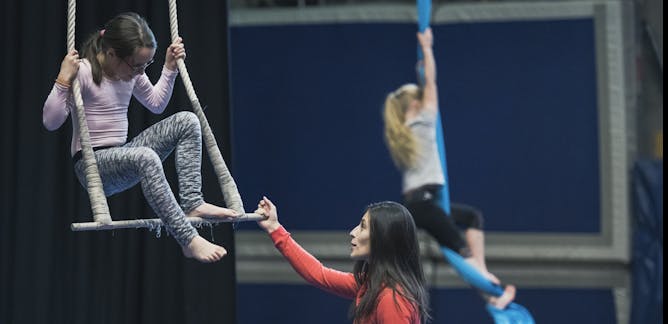
Marion Cossin, Université de Montréal
Teaching circus arts — from juggling to trapeze — in physical education classes increased children’s physical literacy, resilience and participation, with greater gender equity.
|
|
|